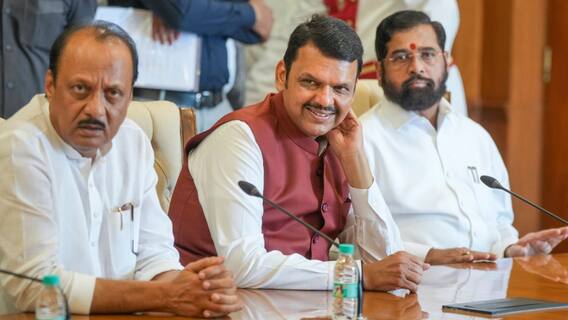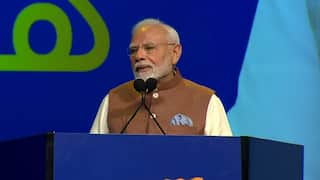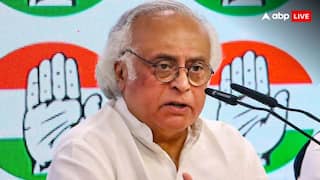Mahindra’s Tie-Up With Ford Might Yield An Electric Vehicle For India

Recently, Ford and Mahindra joined hands to explore cooperation in multiple fields like product development and electric mobility.
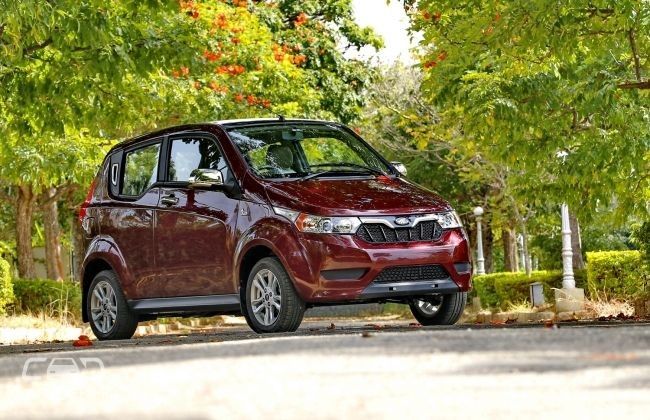 |
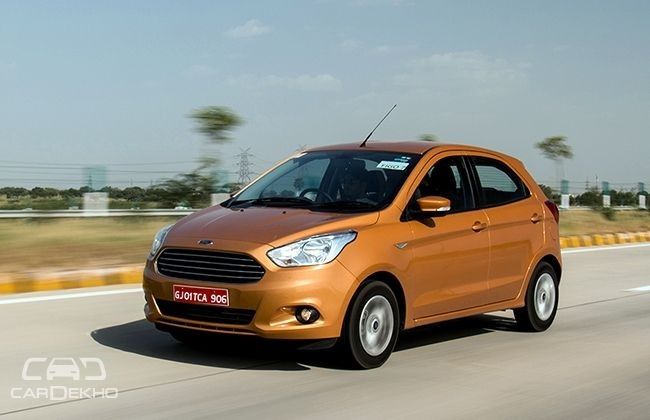 |
With a rise in pollution levels and clogged roads in the country, Anand Mahindra, chairman of Mahindra Group, indicated that the Mahindra-Ford JV could help curb the problem by launching their own range of electric cars for India. For Ford, it will be a good opportunity to enter the EV sphere in India, which is still in its nascent stages.
The announcement was made soon after Mahindra inaugurated its new plant in North America to develop off-road vehicles for the region. Engineers at the new plant are expected to provide the required support for the development of new vehicle platforms for the Indian as well as global markets.

In India, Mahindra is already a frontrunner in the electric vehicle business as it currently sells EVs like the e2o Plus and the eVerito. If Mahindra and Ford decide to develop EVs for India, the latter’s experience and understanding of the Indian market could help the JV produce vehicles that are competent enough to capture the hearts of Indian car buyers.
Recently, Mahindra has also joined hands with cab aggregator Uber to deploy electric vehicles in the country. In the starting phase, the two companies will deploy electric vehicles in Delhi and Hyderabad. In the meantime, they will continue to explore other cities for expansion as well.
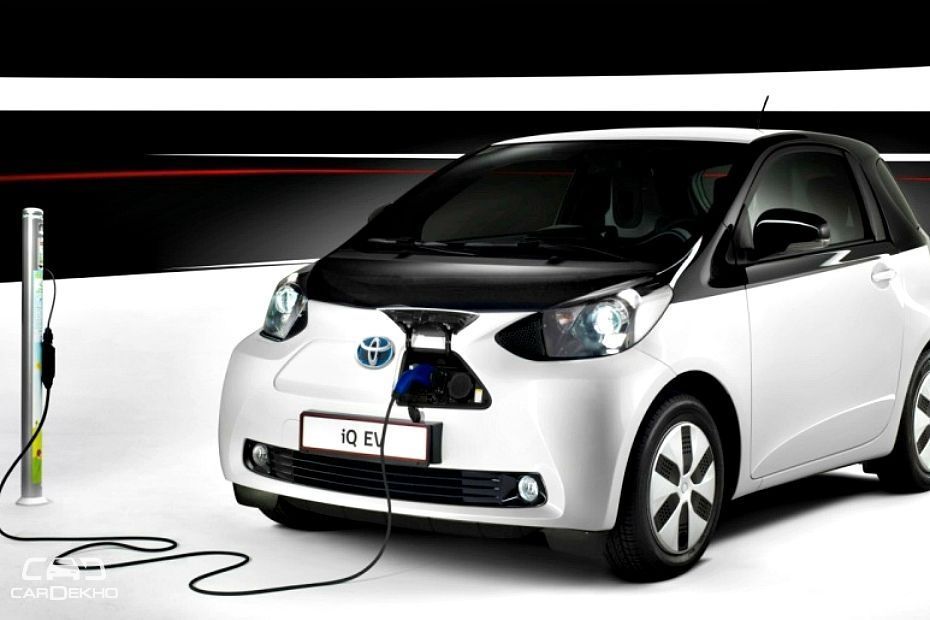
With the government’s push to electrify all vehicles sold in the country by 2030, India is likely to become one of the world’s largest EV market. Other than Mahindra and Ford, even Toyota and Suzuki have signed a deal to launch EVs in India by 2020. Under the Toyota-Suzuki JV, Suzuki will take charge of manufacturing the EVs in India, possibly at its new facility in Gujarat, while Toyota will be responsible for providing technical support. Judging by the pace at which the manufacturers are working towards electric mobility, we think the government’s ‘EV Mission 2030’ can be achieved. However, unless there aren’t any major improvements in terms of the infrastructure required to support electric vehicles, the government's plans will continue to look like a ridiculously ambitious dream.
Also Read: Renault Kwid EV Nears Production; Might Be Imported To India From China
This Story has not been edited by ABP News. It has been published through cardekho.com feed directly.
Trending News
Top Headlines






